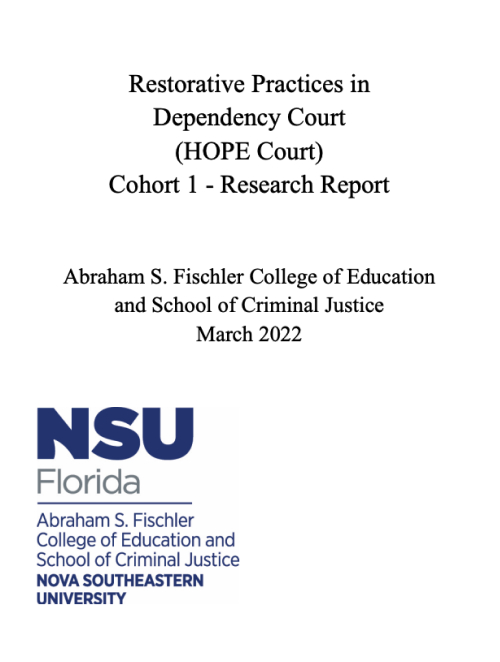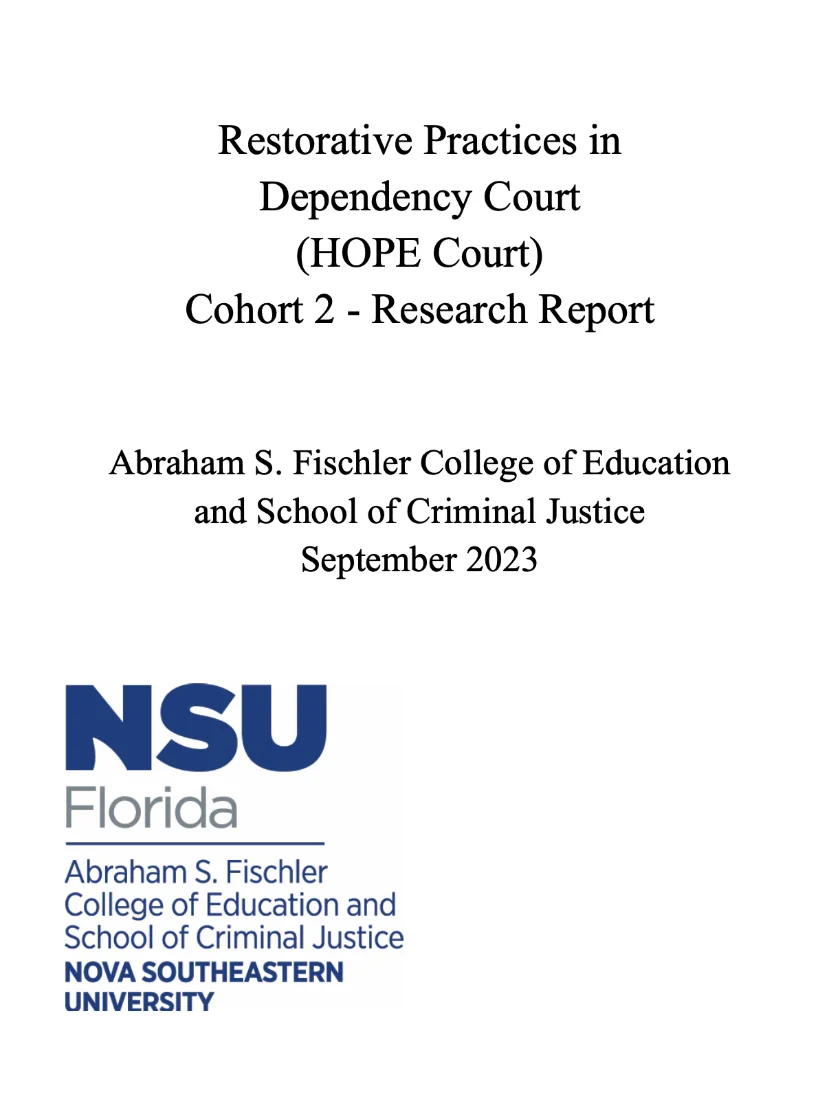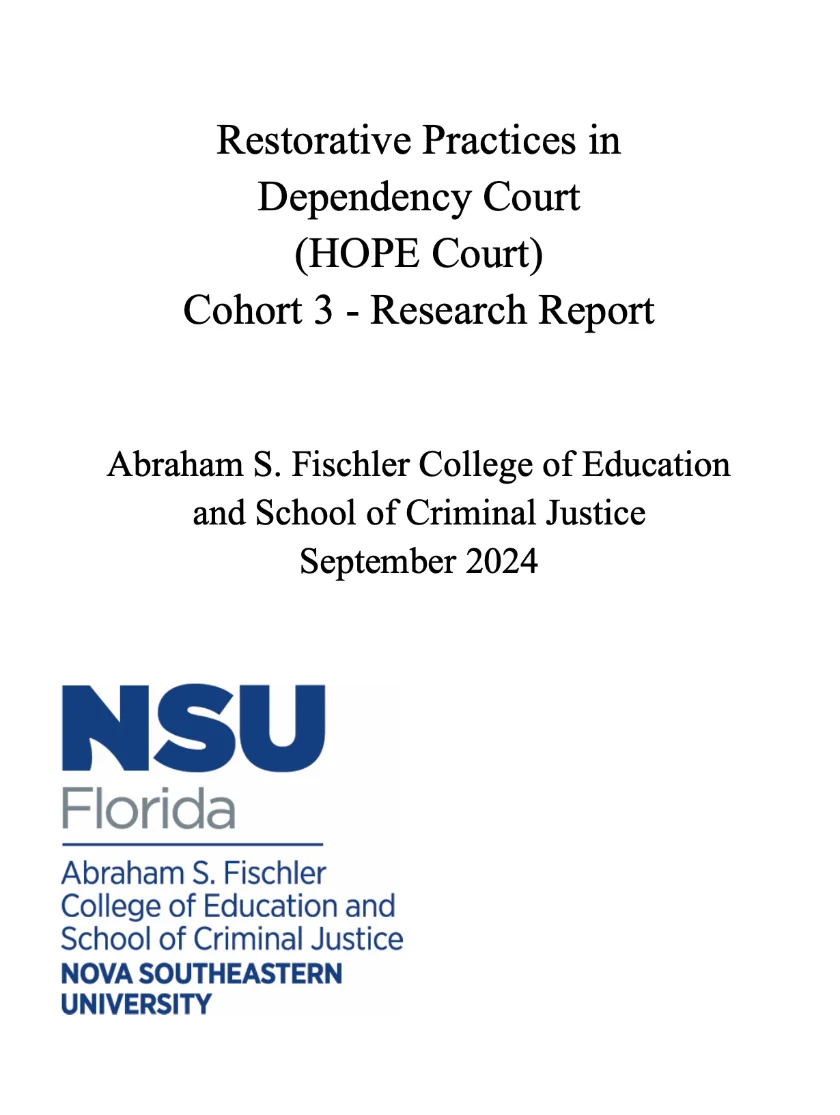Research
Our Approach Strives for Continuous Improvement
Success Redefined
The HOPE Project redefines traditional success metrics by prioritizing meaningful, transformative system change over quantitative outcomes. Success is assessed through improvements in teens’ social and emotional well-being, increased feelings of hope and connection, and their perceived levels of support. At the heart of HOPE is a deep appreciation for child welfare professionals—the dedicated individuals who build relationships, foster community, and create the emotionally safe spaces where our youth can heal, grow, and thrive.
The innovative HOPE Project includes an ongoing research study that offers evidence-based recommendations for expanding program development, training, and design. This research-driven approach strives for continuous improvement and effectiveness in serving youth and child welfare professionals.

Program Goals & Measured Outcomes
Hope is the thing with feathers-
That perches in the soul-
And sings the tune without the words-
And never stops- at all-“
–Emily Dickenson
September 2023
Cohort 2
“Results of the analysis of cohort 2 youth and stakeholder interview data, and youth survey results supported the proposition that within HOPE Court a supportive network of trusted adults will be created to facilitate transition for youth as a result of frequency of contact, collaboration among team members, and restorative practices elements.”
September 2024
Cohort 3
“Results of the analysis of cohort 3 youth and stakeholder interview data supported the proposition that communication and collaboration will increase to meet the needs of youth and facilitate a successful transition in the dependency process in HOPE court due to frequency and quality of interactions facilitated through the HOPE Court model.”


